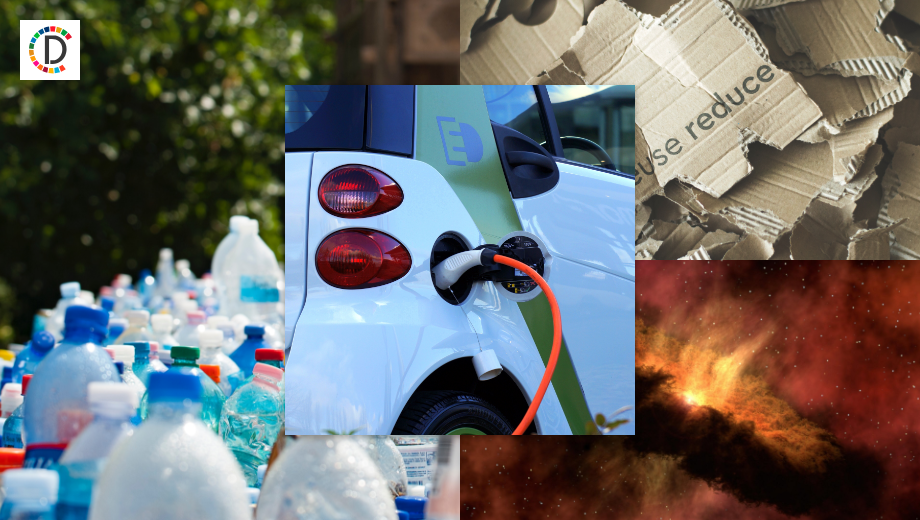Trinidad cancels gas deal over U.S. sanctions on state-run Venezuelan company

Trinidad and Tobago have canceled an agreement with Venezuela for the joint development of a natural gas field straddling their maritime border because of U.S. sanctions on Venezuela's state energy company PDVSA.
The Caribbean island nation is a major exporter of liquefied natural gas (LNG), but its own offshore natural gas output has been declining in recent years. That has raised the possibility of using gas from neighboring Venezuela, which has large untapped offshore gas reserves, to feed LNG plants in Trinidad.
Trinidad and Tobago's prime minister, Keith Rowley, said on Monday during an energy conference in Port of Spain that the two countries will now independently develop the 10.04 trillion cubic feet Loran-Manatee shallow-water field. "Progress in the development of the unitized Loran-Manatee field has been impeded by the sanctions imposed by the U.S. government, which inhibits U.S. companies from doing business with Venezuelan oil company PDVSA," Rowley said.
Under the agreement signed between the two countries in 2013, 73.75% of the joint field belongs to Venezuela and the rest to Trinidad and Tobago. U.S. oil major Chevron Corp holds a 60% interest in the Loran field, with the remainder held by PDVSA, while Shell Trinidad and Tobago hold a 100% interest in the Manatee field.
PDVSA, the Venezuelan oil ministry, Chevron and Shell did not immediately respond to a request for comment. Washington slapped sanctions on PDVSA last year in a bid to oust socialist President Nicolas Maduro. He has overseen an economic collapse and is accused by the United States and others of corruption and human rights violations.
PDVSA's output has declined, but exports have increased in recent months and Maduro remains in power. Rowley said gas production from the Manatee field could start by 2024 or 2025 at rates ranging from 270 to 400 million standard cubic feet per day.
He said the decision to independently develop their fields also has implications for the development of other cross-border fields, the Mankin-Cocuina and the Kapok-Doradoh. These are estimated to hold 850 billion cubic feet of gas within the Trinidad and Tobago maritime area.
(This story has not been edited by Devdiscourse staff and is auto-generated from a syndicated feed.)
- READ MORE ON:
- PDVSA
- Trinidad and Tobago
- Venezuela
- Caribbean
- Nicolas Maduro
- Shell
- Chevron Corp
ALSO READ
Former Venezuelan oil, finance ministers arrested in PDVSA corruption case, AG says
Former Venezuelan oil, finance ministers arrested in PDVSA corruption case
Former Venezuelan oil minister arrested in corruption probe, says authorities
Competition policies and institutions key to growth strategy in Latin America and the Caribbean
Chile president recalls ambassador in Venezuela for consultations










